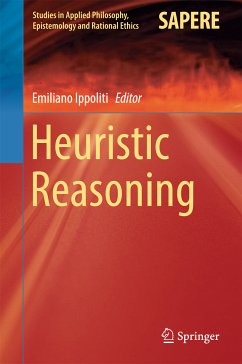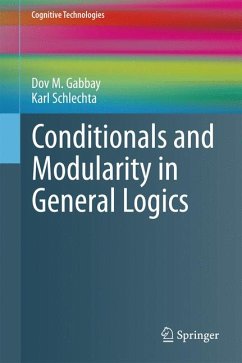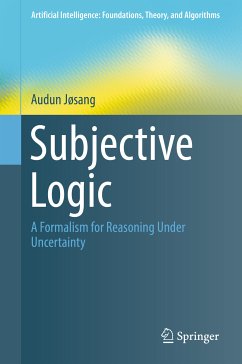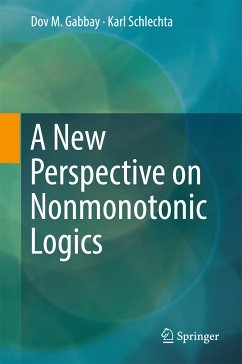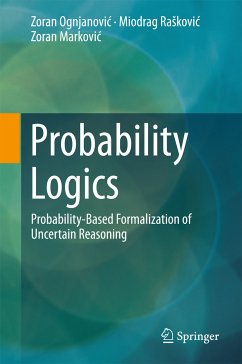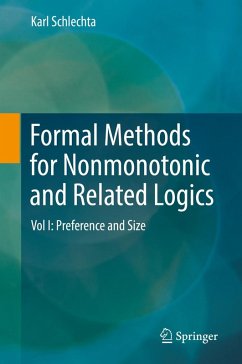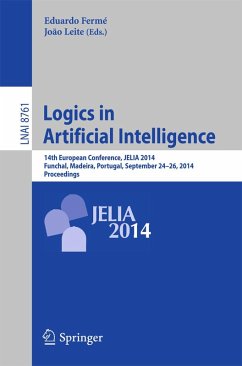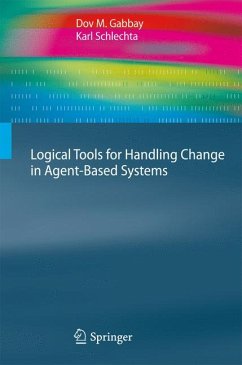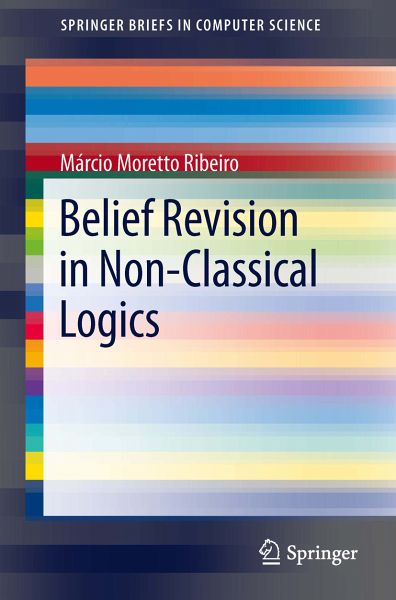
Belief Revision in Non-Classical Logics (eBook, PDF)
Versandkostenfrei!
Sofort per Download lieferbar
40,95 €
inkl. MwSt.
Weitere Ausgaben:

PAYBACK Punkte
20 °P sammeln!
Since the advent of the Semantic Web, interest in the dynamics of ontologies (ontology evolution) has grown significantly. Belief revision presents a good theoretical framework for dealing with this problem; however, classical belief revision is not well suited for logics such as Description Logics.Belief Revision in Non-Classical Logics presents a framework which can be applied to a wide class of logics that include - besides most Description Logics such as the ones behind OWL - Horn Logic and Intuitionistic logic, amongst others. The author also presents algorithms for the most important con...
Since the advent of the Semantic Web, interest in the dynamics of ontologies (ontology evolution) has grown significantly. Belief revision presents a good theoretical framework for dealing with this problem; however, classical belief revision is not well suited for logics such as Description Logics.
Belief Revision in Non-Classical Logics presents a framework which can be applied to a wide class of logics that include - besides most Description Logics such as the ones behind OWL - Horn Logic and Intuitionistic logic, amongst others. The author also presents algorithms for the most important constructions in belief bases. Researchers and practitioners in theoretical computing will find this an invaluable resource.
Belief Revision in Non-Classical Logics presents a framework which can be applied to a wide class of logics that include - besides most Description Logics such as the ones behind OWL - Horn Logic and Intuitionistic logic, amongst others. The author also presents algorithms for the most important constructions in belief bases. Researchers and practitioners in theoretical computing will find this an invaluable resource.
Dieser Download kann aus rechtlichen Gründen nur mit Rechnungsadresse in A, B, BG, CY, CZ, D, DK, EW, E, FIN, F, GR, HR, H, IRL, I, LT, L, LR, M, NL, PL, P, R, S, SLO, SK ausgeliefert werden.




